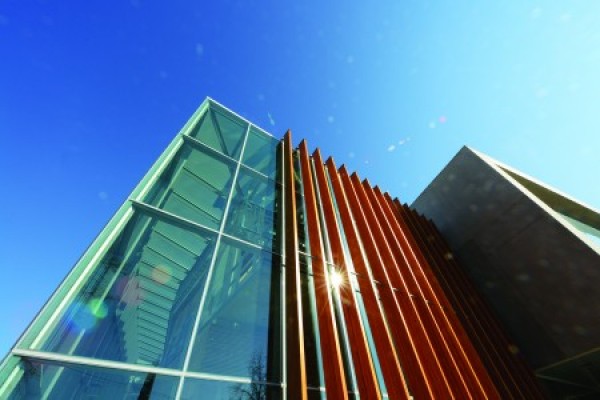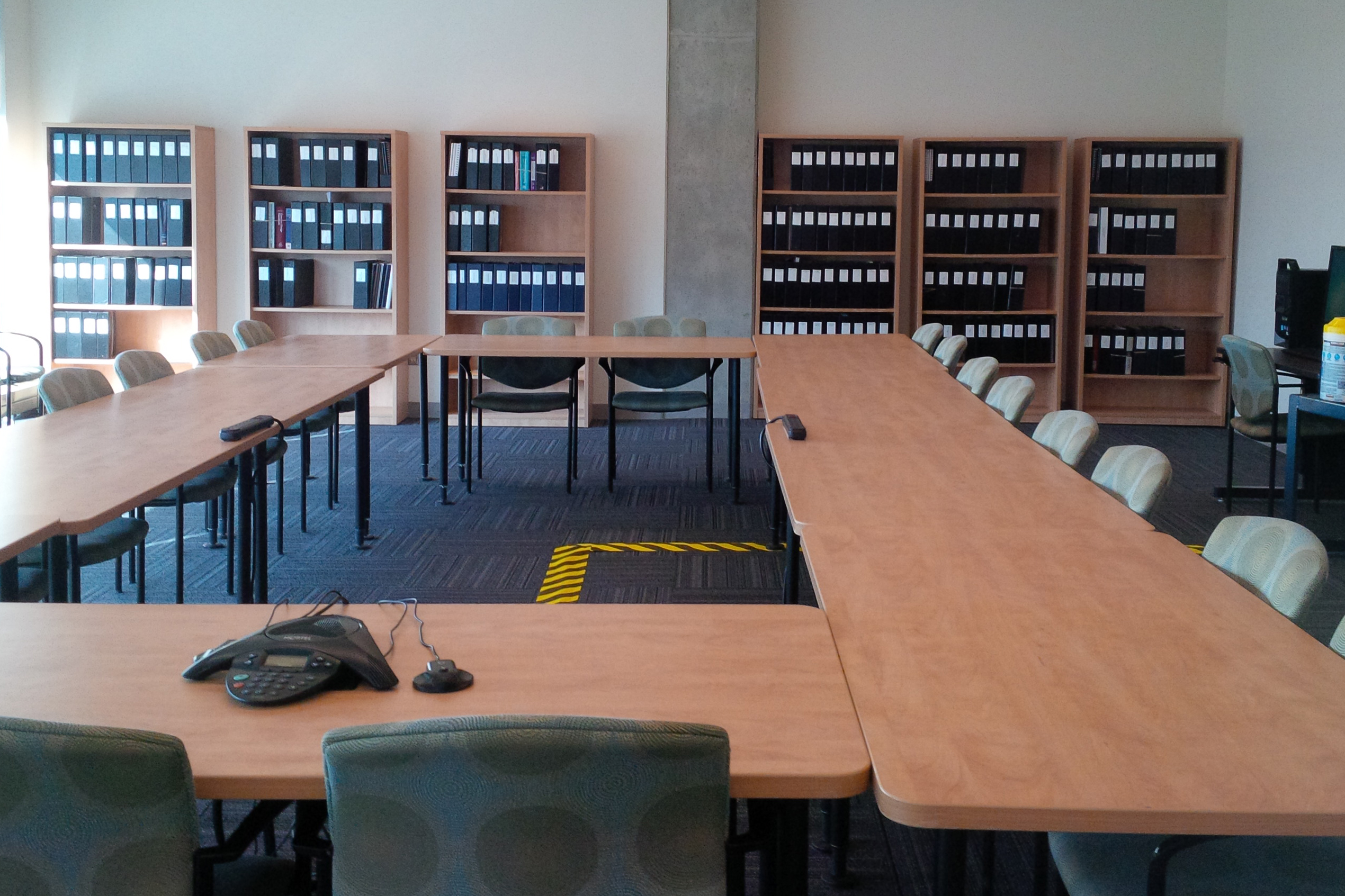 UWindsor’s Engineering programs evaluated recently by Engineers Canada received the highest accreditation ratings available.
UWindsor’s Engineering programs evaluated recently by Engineers Canada received the highest accreditation ratings available.
Four of five UWindsor Engineering programs evaluated recently by Engineers Canada received the highest accreditation ratings available.
This latest evaluation cycle, which took place in early July, was conducted through the Canadian Engineering Accreditation Board (CEAB), a national organization of provincial and territorial associations regulating the practice of engineering.
“This achievement was not something that a small team of few people could do on their own, it boiled down to everyone, faculty, staff and students contributing to the process,” says Faculty of Engineering dean Mehrdad Saif. “It is definitely a testament to the quality of programs and the faculty, staff, and students within Engineering.”
Dr. Saif says all engineering undergraduate programs are accredited by CEAB on a cyclical basis in order to ensure students are receiving the education necessary to become licensed professional engineers in Canada.
“The process is rigorous and consists of program evaluation that is based on a comprehensive review of detailed documentation provided by the institution, as well as a site visit by an external team of professional engineers,” he says.
The faculty is marked on the overall composition of the undergraduate curriculum, including engineering design and science components, mathematics, and such complementary studies as communication skills. Outcome based measures, including students’ perception surveys of learning outcomes are also considered.
Lead by associate dean, academic, professor Nader Zamani and the undergraduate programs coordinator, professor Jacqueline Stagner, along with support of assistant to the dean, Lorraine Grondin, the preparation for the evaluation, which took place from January 31 to February 3, has been in the works for the past two years and drew reviewers from as far away as Nova Scotia, British Columbia and Costa Rica.
The Faculty of Engineering currently enrolls more than 1,500 undergraduate students and more than 700 graduate students in programs designed to develop students’ professional competence and prepare them to solve the technical problems of society and the global environment.
With four programs now accredited for the next six-years, Dr. Saif says their work is not yet finished.

In preparation for the Engineering programs' accreditation site visit, a great number of folders-containing evident data- were ready for the reviewers who come from as far away as Nova Scotia, British Columbia and Costa Rica, January 31.
